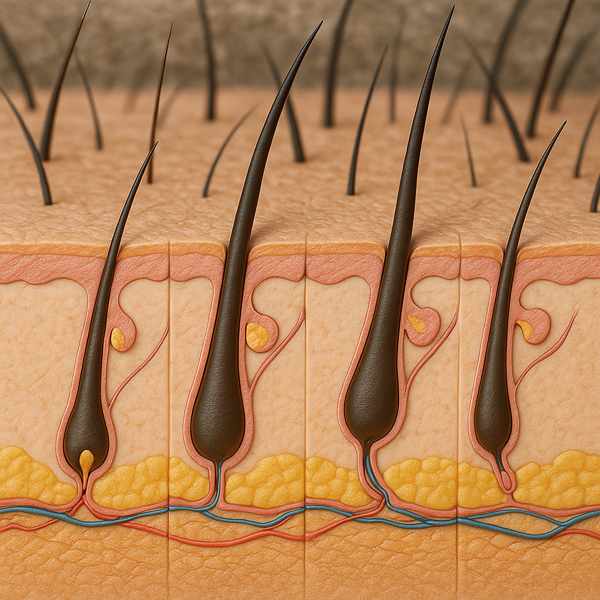Hair Loss After Losing Weight: What You Need to Know
Hair Loss After Losing Weight: What You Need to Know
Blog Article

Losing weight is often a positive step toward better health, but it can sometimes come with unexpected side effects — like hair loss.
Understanding why this happens and how to protect your hair can help you reach your goals without compromising your confidence.
Why Hair Loss Happens During Weight Loss
When your body undergoes a major change — especially fast weight loss — it can respond by pausing non-essential functions like hair growth.
Common causes include:
- Nutrient deficiencies
- Extreme calorie restriction
- Hormonal imbalances
- The body reacts to sudden changes
What Type of Hair Loss Is It?
Most hair loss related to weight loss is called telogen effluvium.
Key facts:
- Usually occurs 2–3 months after weight loss begins
- Hair falls out evenly across the scalp
- Hair usually grows back with time
Eat for Hair, Not Just Fat Loss
If you're trying to lose weight, be sure not to miss more information these nutrients:
- Protein
- Iron
- Vital for cell renewal and keratin production
- Zinc
- Vitamin D
Skipping meals or using crash diets can easily lead to deficiencies that trigger hair loss.
Staying Healthy Without Sacrificing Hair
You don’t have to choose between losing weight and keeping your hair.
Tips include:
- Aim for 1–2 pounds per week
- Eat a nutrient-rich diet
- Especially during calorie restriction
- Manage stress and sleep
- Stay hydrated
What to Do If You’re Already Losing Hair
If you notice excessive shedding:
- Don’t panic
- Check for deficiencies or thyroid issues
- Focus on protein and iron intake
- Avoid tight hairstyles and harsh products
- Be patient
Should You Talk to a Doctor?
A doctor or dermatologist can help identify underlying issues like:
- Thyroid dysfunction
- Autoimmune conditions
- Need professional correction
The Truth About Weight Loss and Hair Loss
Weight loss and hair loss can be connected, but they don’t have to be permanent partners.
Prioritize nourishment, patience, and consistency, and your body will thank you — from head to toe. Report this page